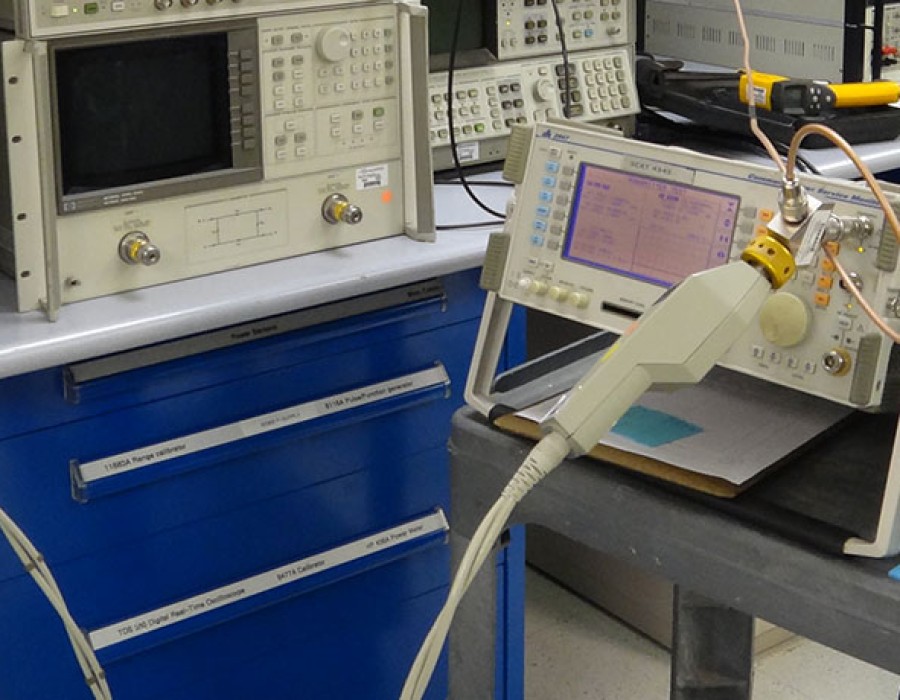Key Industries Benefiting from Environmental Calibration Services:
Meteorology and Climatology:
In meteorology and climatology, accurate measurement of temperature, humidity, wind speed, and atmospheric pressure is crucial for weather forecasting and climate research. Calibrated instruments ensure the precision needed for reliable predictions and analyses.
Environmental Monitoring and Compliance:
Industries operating under environmental regulations, such as wastewater treatment plants, air quality monitoring stations, and industrial facilities, rely on calibrated instruments to comply with environmental standards. Accurate measurements are essential for monitoring emissions and ensuring environmental sustainability.
Ecological Research:
Ecological studies require precise data on factors like soil moisture, light intensity, and pollutant levels. Calibrated instruments contribute to the accuracy of ecological research, helping scientists make informed decisions about conservation and environmental management.
Health and Safety:
In occupational health and safety, calibrated instruments, such as gas detectors and radiation monitors, are vital for ensuring a safe working environment. Accurate measurements are crucial for identifying and mitigating potential hazards.
The Environmental Calibration Process:
Instrument Assessment:
The calibration process begins with a thorough assessment of the instrument's current performance. This may involve inspecting for physical damage, reviewing past calibration records, and conducting initial measurements.
Adjustment and Calibration:
Skilled technicians use reference standards to adjust the instrument and bring it into alignment with known values. This process may involve making precise adjustments to the instrument's settings or components.
Validation and Documentation:
After calibration, the instrument undergoes validation tests to ensure its accuracy across a range of measurements. The results are documented, providing a traceable record of the calibration process.
Certification and Compliance:
Calibrated instruments are typically provided with a certification that attests to their accuracy. This certification is often required for regulatory compliance and quality assurance purposes.
Benefits of Environmental Calibration Services:
Data Accuracy and Reliability:
Calibrated instruments provide accurate and reliable data, supporting informed decision-making and reducing the risk of errors in environmental monitoring.
Regulatory Compliance:
Industries subject to environmental regulations benefit from calibration services to meet compliance standards, avoiding potential legal and financial repercussions.
Equipment Longevity:
Regular calibration contributes to the longevity of instruments by identifying and addressing issues before they become significant, thereby extending the lifespan of valuable equipment.
Environmental Sustainability:
Accurate data collection supports sustainability efforts by providing precise information for environmental management and conservation initiatives.
Conclusion:
Environmental calibration services play a pivotal role in maintaining the accuracy and reliability of instruments used in various industries. By ensuring precise measurements, these services contribute to informed decision-making, regulatory compliance, and environmental sustainability. Investing in regular calibration not only enhances the quality of environmental data but also underscores a commitment to accuracy and responsibility in the face of global environmental challenges.
Check out our site for more details:-
Environmental Chamber Maintenance





Comments